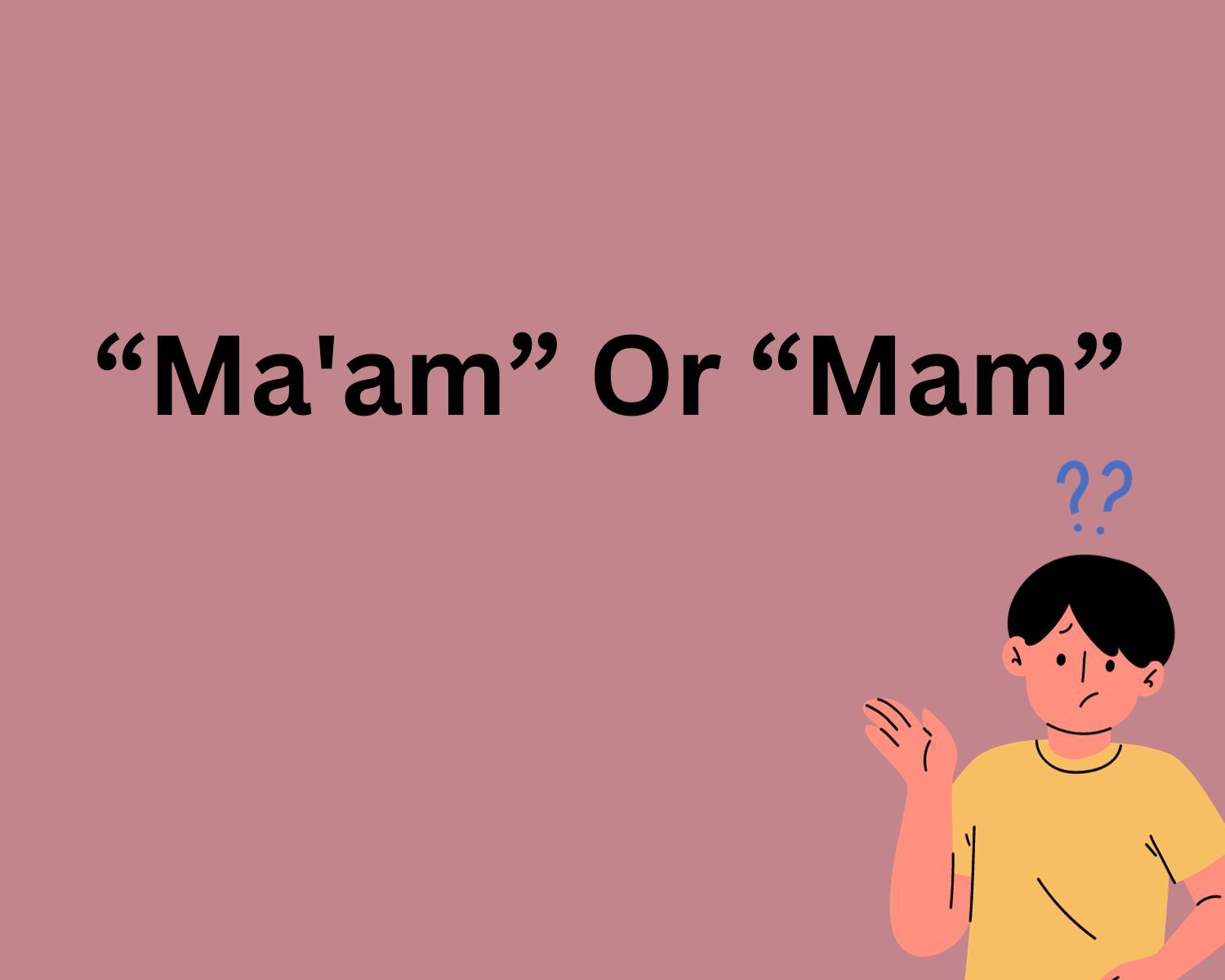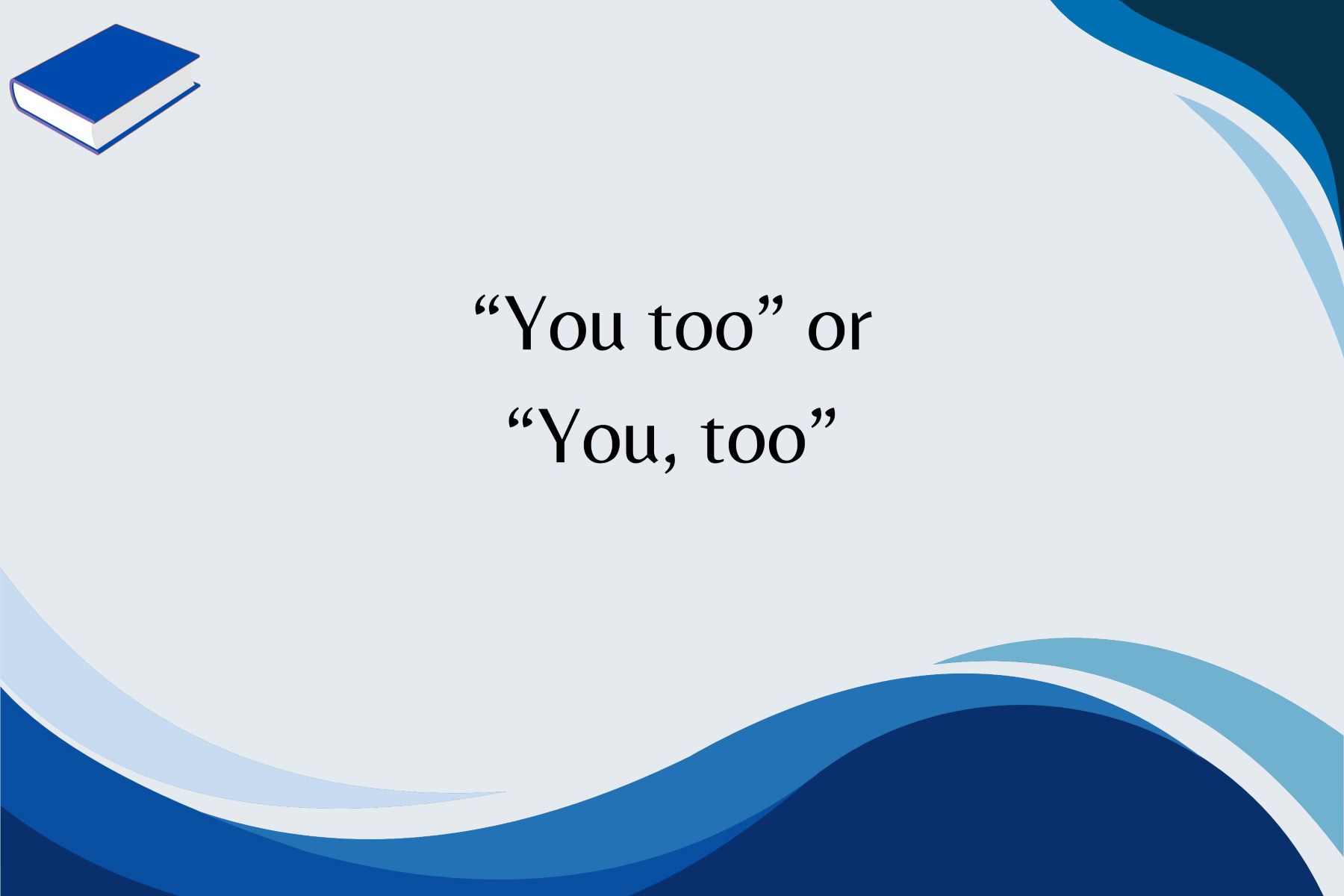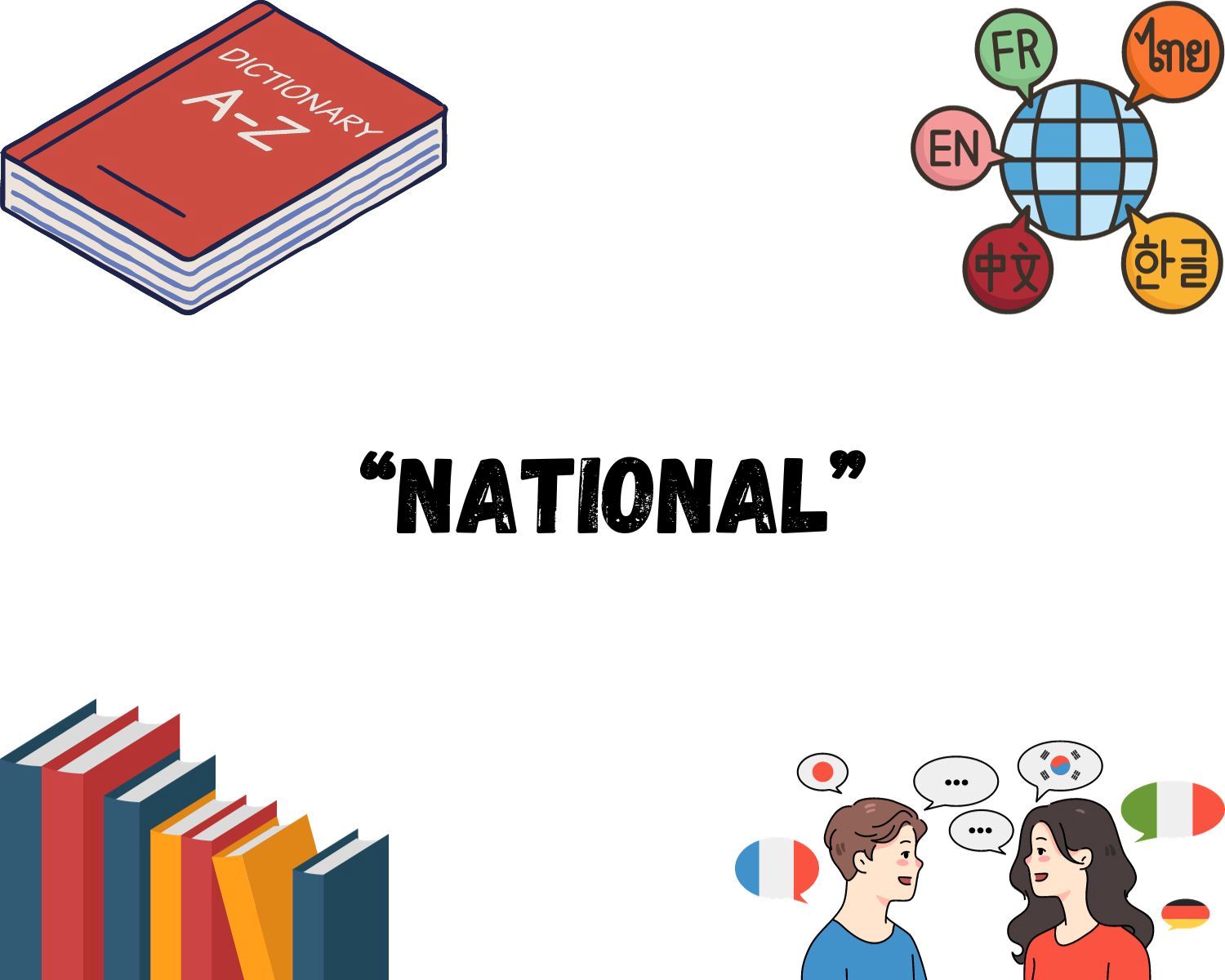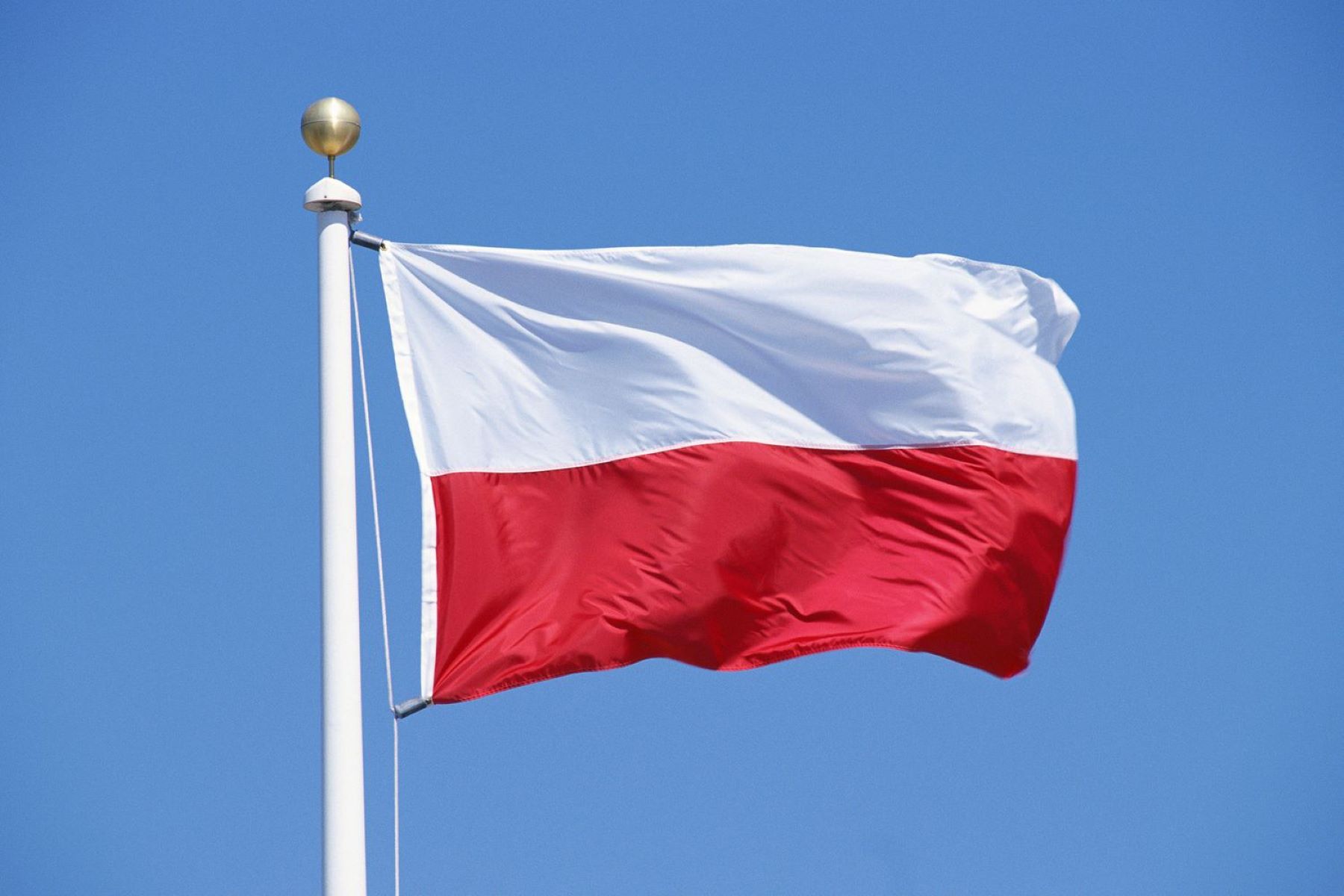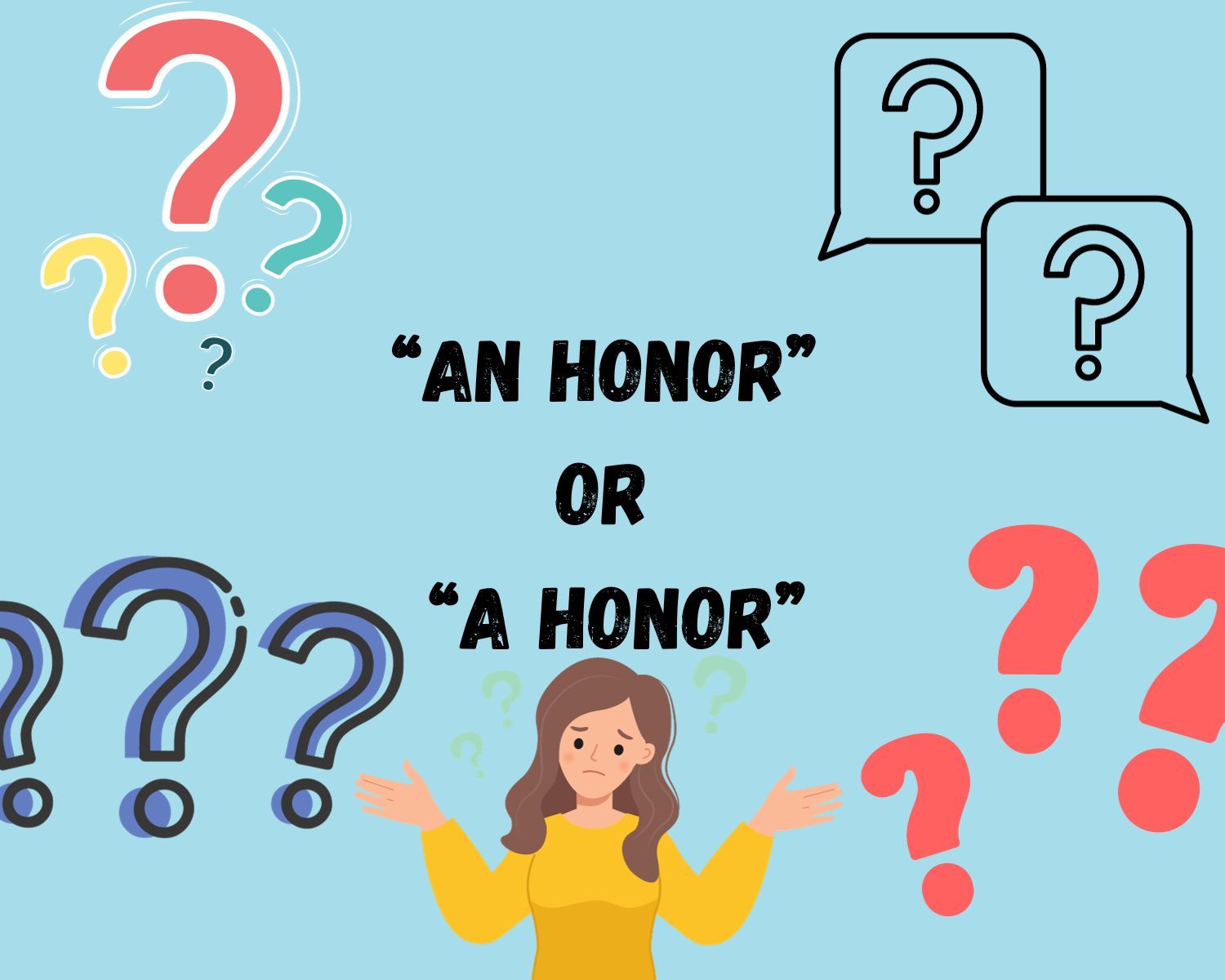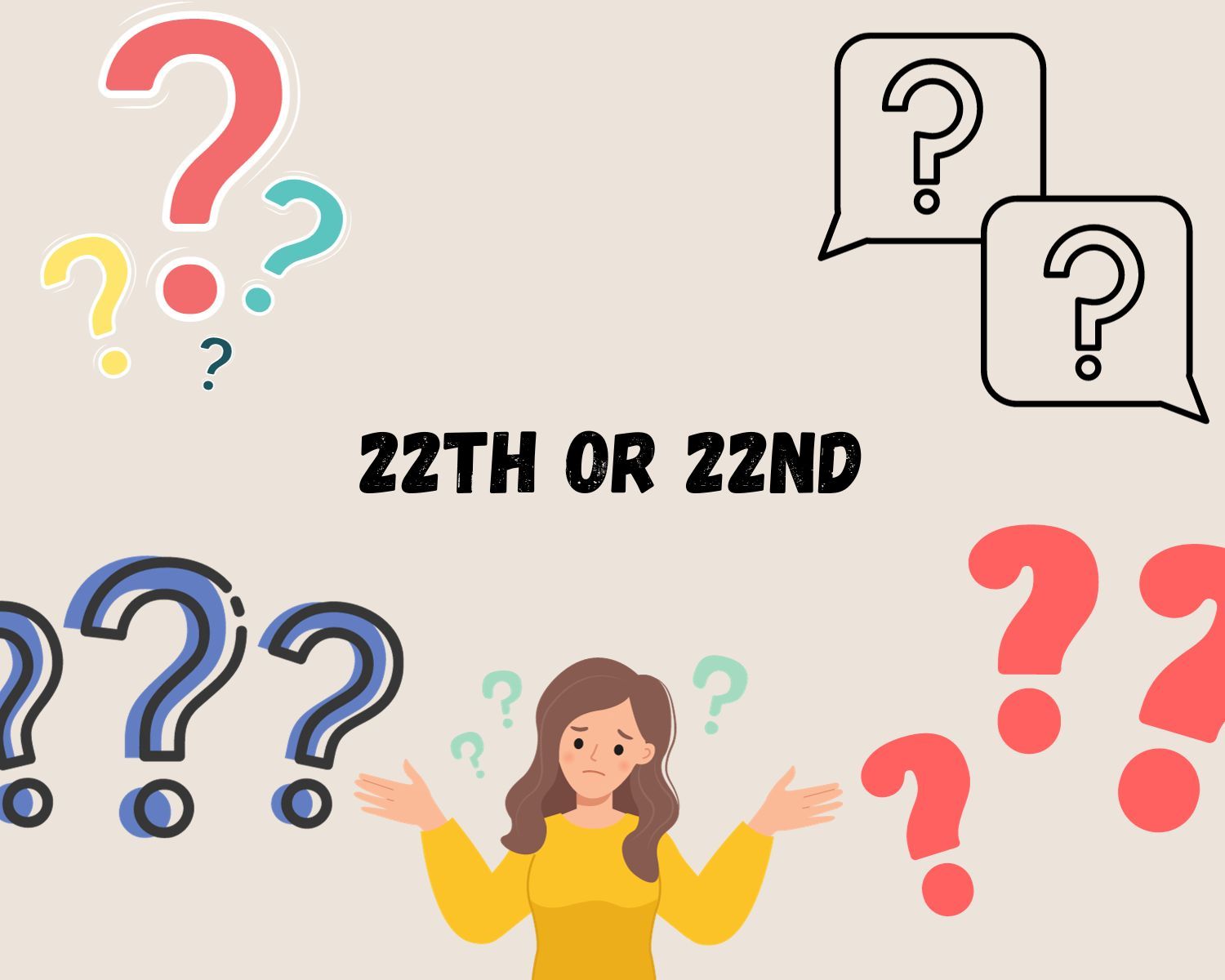Home>Language and Grammar>The Correct Way To Congratulate: Hearty Congratulations Vs. Heartily Congratulations


Language and Grammar
The Correct Way To Congratulate: Hearty Congratulations Vs. Heartily Congratulations
Published: January 14, 2024
Learn the correct usage of "Hearty Congratulations" and "Heartily Congratulations" to improve your language and grammar skills. Master the art of congratulating with precision.
(Many of the links in this article redirect to a specific reviewed product. Your purchase of these products through affiliate links helps to generate commission for Regretless.com, at no extra cost. Learn more)
Table of Contents
Introduction
Congratulations are in order! Whether it's celebrating a friend's promotion, a family member's achievement, or a colleague's success, expressing joy and admiration is a natural response. However, the English language, with its intricacies and nuances, often presents us with choices that can be perplexing. One such conundrum revolves around the usage of "hearty congratulations" and "heartily congratulations."
Understanding the subtle yet significant difference between these two phrases is essential for effective communication. While both expressions convey felicitations, they are not interchangeable. In this article, we delve into the distinctions between "hearty congratulations" and "heartily congratulations," providing clarity on their appropriate usage. By grasping the nuances of these phrases, you can confidently extend well-deserved praise and recognition to those around you.
Read more: The Correct Way To Refer To Time: An Hour
Understanding the Difference Between "Hearty Congratulations" and "Heartily Congratulations"
The distinction between "hearty congratulations" and "heartily congratulations" lies in their grammatical structure and intended meaning. "Hearty congratulations" is a fixed expression used to convey warm and sincere felicitations to someone. The word "hearty" in this context signifies genuine, wholehearted, and enthusiastic congratulations. It is an adjective that emphasizes the depth and sincerity of the congratulatory message. On the other hand, "heartily congratulations" is grammatically incorrect. The adverb "heartily" does not align with the noun "congratulations" in this construction, rendering it an inapt expression in English grammar.
"Hearty congratulations" encapsulates the sentiment of offering genuine and heartfelt praise, reflecting a deep sense of happiness and admiration for the recipient's accomplishment. The term "hearty" conveys a sense of warmth and sincerity, emphasizing the earnestness and authenticity of the congratulatory message.
In contrast, "heartily congratulations" lacks grammatical coherence, as the adverb "heartily" does not appropriately modify the noun "congratulations." In English grammar, adverbs modify verbs, adjectives, or other adverbs, not nouns. Therefore, "heartily congratulations" does not conform to the grammatical rules governing the English language.
By understanding the fundamental disparity between these phrases, individuals can effectively communicate their sentiments with precision and clarity. The distinction between "hearty congratulations" and "heartily congratulations" underscores the importance of linguistic accuracy in conveying well-wishes and commendations. Embracing linguistic precision empowers individuals to articulate their sentiments in a manner that resonates with authenticity and sincerity, fostering meaningful connections and rapport with others.
Understanding the nuances of language enables us to navigate the intricacies of communication with finesse, ensuring that our expressions accurately reflect our intentions. As such, mastering the distinctions between similar phrases such as "hearty congratulations" and "heartily congratulations" enriches our linguistic proficiency and enhances our ability to convey sentiments with eloquence and precision.
When to Use "Hearty Congratulations"
The phrase "hearty congratulations" is employed to express wholehearted, genuine, and warm felicitations to someone in recognition of their achievements or milestones. This expression is particularly fitting in formal and informal contexts where heartfelt commendations are extended.
-
Formal Occasions: When acknowledging significant accomplishments in professional settings, such as a colleague's promotion, a team member's outstanding performance, or a business associate's success, "hearty congratulations" conveys a sense of sincerity and respect. Its usage adds a touch of warmth and authenticity to formal communication, fostering a positive and supportive work environment.
-
Personal Achievements: Celebrating personal milestones, such as a friend's graduation, a family member's academic accolades, or a loved one's career advancement, warrants the use of "hearty congratulations." This phrase encapsulates the depth of one's admiration and joy for the individual's accomplishments, underscoring the genuine and earnest nature of the congratulatory message.
-
Special Events and Festivities: During joyous occasions such as weddings, anniversaries, or the birth of a child, offering "hearty congratulations" signifies wholehearted and heartfelt well-wishes. It conveys a sense of warmth, enthusiasm, and genuine happiness, elevating the celebratory atmosphere and affirming the significance of the occasion.
-
Community Recognition: When acknowledging community members, volunteers, or individuals for their contributions, using "hearty congratulations" reflects a sense of communal appreciation and gratitude. This expression conveys a collective sentiment of genuine admiration and acknowledgment, fostering a supportive and inclusive community spirit.
In essence, "hearty congratulations" is aptly employed in various settings to convey genuine, warm, and wholehearted felicitations. Its usage enriches communication by infusing sentiments of authenticity, respect, and joy, thereby strengthening interpersonal connections and fostering a culture of encouragement and positivity.
When to Use "Heartily Congratulations"
The phrase "Heartily Congratulations" does not align with the grammatical rules of the English language and is therefore incorrect. The adverb "heartily" is intended to modify verbs, adjectives, or other adverbs, not nouns. Consequently, the phrase "heartily congratulations" lacks grammatical coherence and is not considered a valid expression in English grammar.
In situations where one intends to convey wholehearted and genuine felicitations, the appropriate phrase to use is "hearty congratulations." This phrase encapsulates the depth of one's admiration and joy for the individual's accomplishments, underscoring the genuine and earnest nature of the congratulatory message.
Understanding the grammatical correctness and contextual suitability of expressions is pivotal in effective communication. By adhering to the grammatical conventions of the English language and utilizing appropriate phrases such as "hearty congratulations," individuals can convey their sentiments with precision and clarity, ensuring that their messages resonate with authenticity and sincerity.
In summary, "heartily congratulations" is grammatically incorrect and should be replaced with "hearty congratulations" to accurately convey warm and sincere felicitations. Embracing linguistic precision enables individuals to articulate their sentiments in a manner that resonates with authenticity and sincerity, fostering meaningful connections and rapport with others.
Common Mistakes and Misconceptions
A common mistake that often arises in the usage of "hearty congratulations" and "heartily congratulations" stems from a misunderstanding of the grammatical principles governing adverbs and nouns in the English language. The erroneous construction of "heartily congratulations" reflects a misconception regarding the appropriate adverbial modification of nouns. This misconception can lead to inadvertent linguistic inaccuracies and detract from the intended conveyance of warm and sincere felicitations.
Another prevalent misconception relates to the interchangeable usage of "hearty congratulations" and "heartily congratulations." Due to their similar phonetic structure, individuals may erroneously assume that these phrases are synonymous. However, a nuanced understanding of their distinct grammatical compositions and intended meanings dispels this fallacy. While "hearty congratulations" conveys genuine and warm felicitations, "heartily congratulations" is grammatically incorrect and therefore inapplicable in formal or informal communication.
Furthermore, a common mistake lies in the oversight of the adverbial nature of "heartily" and its incompatibility with the noun "congratulations." This oversight underscores the significance of linguistic precision and grammatical accuracy in effectively communicating sentiments. By recognizing and rectifying these misconceptions, individuals can enhance their linguistic proficiency and convey well-wishes with clarity and authenticity.
Misconceptions surrounding the usage of "hearty congratulations" and "heartily congratulations" can also stem from colloquial or informal language usage. In casual conversations, individuals may inadvertently employ "heartily congratulations" as a result of linguistic informality and the assimilation of similar-sounding phrases. This informal usage, while common in everyday speech, does not align with the grammatical standards upheld in formal or written communication.
Additionally, the misconception that both phrases are equally acceptable in formal communication can lead to inadvertent lapses in linguistic precision. Understanding the grammatical correctness and contextual suitability of these expressions is crucial in conveying genuine sentiments effectively. By dispelling these misconceptions and embracing linguistic accuracy, individuals can elevate the clarity and authenticity of their congratulatory messages.
In summary, rectifying these common mistakes and misconceptions surrounding the usage of "hearty congratulations" and "heartily congratulations" is pivotal in fostering accurate and meaningful communication. By cultivating an awareness of linguistic nuances and grammatical principles, individuals can adeptly convey warm and genuine felicitations, enriching their interactions with eloquence and precision.
Read more: The Correct Way To Write Initials Revealed!
Conclusion
In the realm of communication, precision and clarity are paramount. The distinction between "hearty congratulations" and "heartily congratulations" exemplifies the significance of linguistic accuracy in effectively conveying sentiments. By comprehending the subtle yet pivotal differences between these phrases, individuals can articulate their felicitations with authenticity, warmth, and sincerity.
The phrase "hearty congratulations" stands as a testament to genuine, wholehearted praise and admiration. Its usage extends beyond mere linguistic convention; it embodies the depth of one's joy and respect for the accomplishments of others. Whether in formal settings, personal interactions, or celebratory events, "hearty congratulations" encapsulates the essence of heartfelt well-wishes, fostering a culture of encouragement and positivity.
Conversely, the erroneous construction "heartily congratulations" underscores the importance of grammatical coherence and precision. This phrase, stemming from a misunderstanding of adverbial modification in English grammar, serves as a reminder of the nuances embedded within language. By recognizing its incompatibility with the noun "congratulations," individuals can navigate linguistic intricacies with finesse, ensuring that their expressions resonate with authenticity and clarity.
In the tapestry of human interaction, language serves as the loom that weaves connections, fosters understanding, and conveys emotions. Mastering the nuances of expression enriches our ability to communicate with eloquence and precision, nurturing meaningful connections and fostering a culture of genuine appreciation and recognition.
As we navigate the intricacies of language, let us embrace linguistic accuracy with reverence. By understanding the nuances of "hearty congratulations" and acknowledging the inappropriateness of "heartily congratulations," we honor the art of communication and the authenticity of our sentiments. Through linguistic precision, we illuminate our expressions with the warmth of genuine admiration, ensuring that our congratulatory messages resonate with sincerity and depth.
In conclusion, the distinction between "hearty congratulations" and "heartily congratulations" transcends linguistic technicalities; it embodies the essence of genuine human connection. By embracing linguistic precision and understanding the nuances of expression, we enrich our interactions, uplift others, and celebrate the tapestry of achievements that color our lives.
